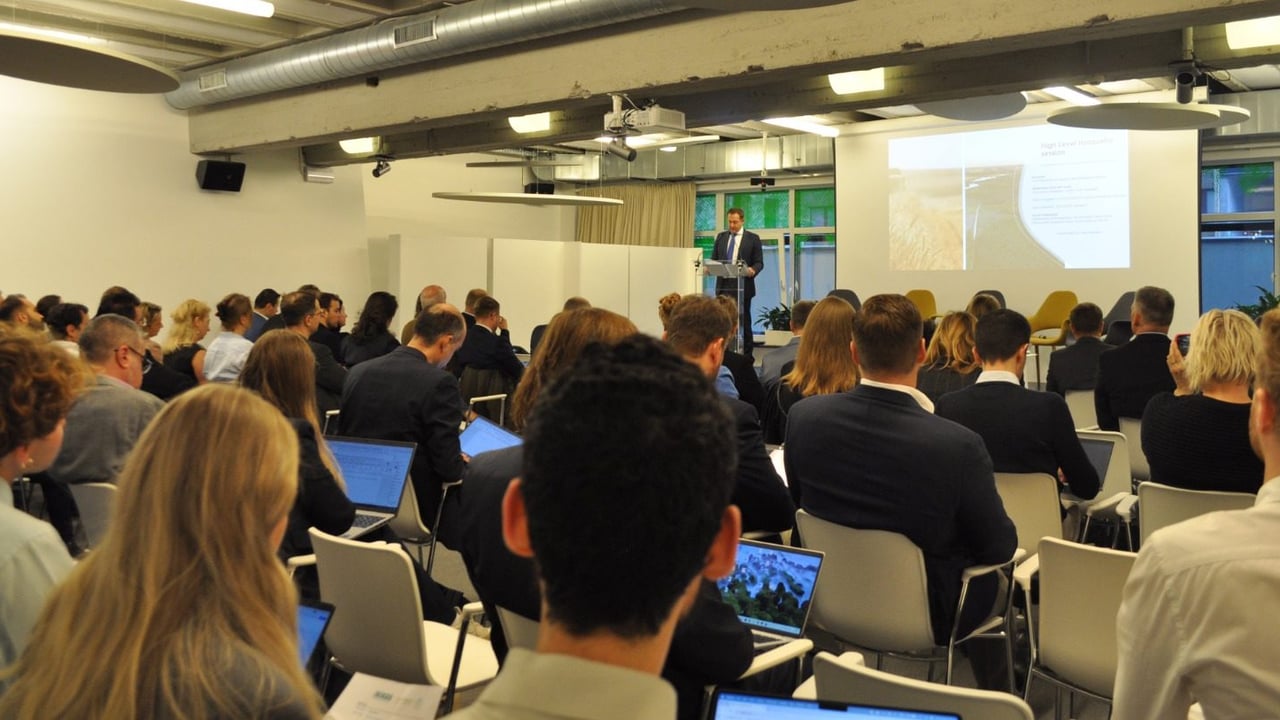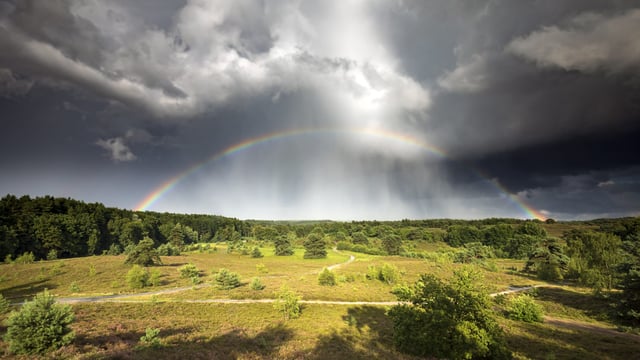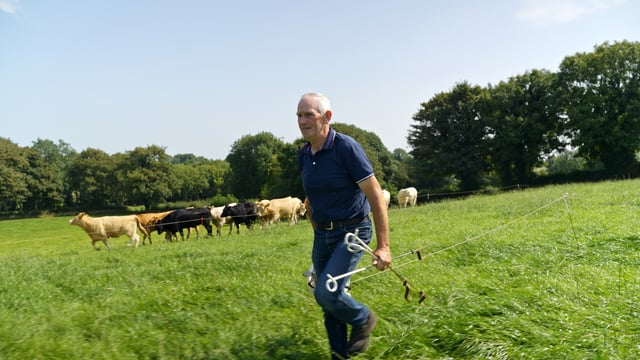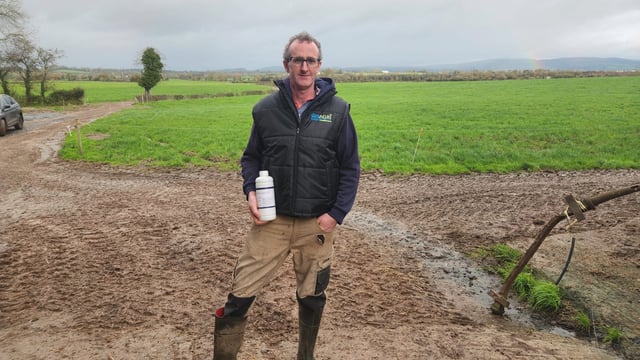EU farmers and foresters call for 'ambitious' bioeconomy strategy
Farmers and foresters in the EU are calling for an "ambitious" bioeconomy strategy across the bloc to recognise the "key role" of the agriculture and forestry sectors.
Three organisations hosted discussions in Brussels yesterday (Tuesday, October 14) on the theme of "Boosting Competitive and Resilient Agricultural and Forest-Based Bioeconomy in the EU".
The purpose of these meetings was to explore how the EU can leverage its bioeconomy to enhance strategic autonomy, sustainability and rural development.
The three organisations involved were CEPF, representing forest owners; Copa Cogeca, representing farmers and agricultural co-operatives; and Eustafor, representing state forestry organisations in the EU members states (including Coillte).
European Commissioner for Agriculture and Food Christophe Hansen spoke at the meeting and said: "Farmers and foresters provide many different securities.
"Not only do they deliver on food security, but they also play a role in energy security where there is a huge untapped potential, as well, they develop rural areas," Commissioner Hansen added.
In a joint statement, the organisations said that a decentralised and competitive bioeconomy should be emphasised against the backdrop of geopolitical instability and climate challenges.
"The new EU Bioeconomy Strategy should recognise the full potential of farmers, forest owners and managers in supporting Europe's green transition and in tackling climate change mitigation by replacing fossil-fuel materials and fuels," the statement said.
The organisations involved cited comments from Commissioner Hansen, who said: "We should refrain from introducing new regulations that would create administrative burden.
"Rather, we should recognise that European farm and forest products are already subject to sustainability criteria which are among the highest in the world."
Yesterday's conference featured keynote speeches, panel discussions, and examples of how farmers and agricultural co-operatives, along with forest owners and managers, are moving towards a "bio-based" economy.
"The discussion emphasised the need for trust, policy coherence, support, stability, research and innovation, as well as strong cooperation to unlock potential of Europe's renewable resources," the joint statement said.
Bioeconomy
Speaking this week, Minister for Agriculture, Food and the Marine Martin Heydon said that the bioeconomy will be an "integral part" of the next Common Agricultural Policy (CAP).
He said that there are "massive opportunities" when it comes to the bioeconomy and for "adding value" for primary producers.
Bioeconomy Ireland Week 2025 is taking place this week.
To launch Bioeconomy Ireland Week 2025, CAP Network Ireland, in collaboration with the Department of Agriculture, Food and the Marine, hosted a conference on agri-bioeconomy value chains and business models in Ireland.
The minister told that conference that Ireland's bioeconomy is "not just an idea for the future - it is the foundation of a new kind of rural opportunity".
"At the centre of this opportunity lies the sustainable production and innovative use of our biological resources, processes and principles to create renewable products, energy and solutions across all sectors of the economy," he said.





